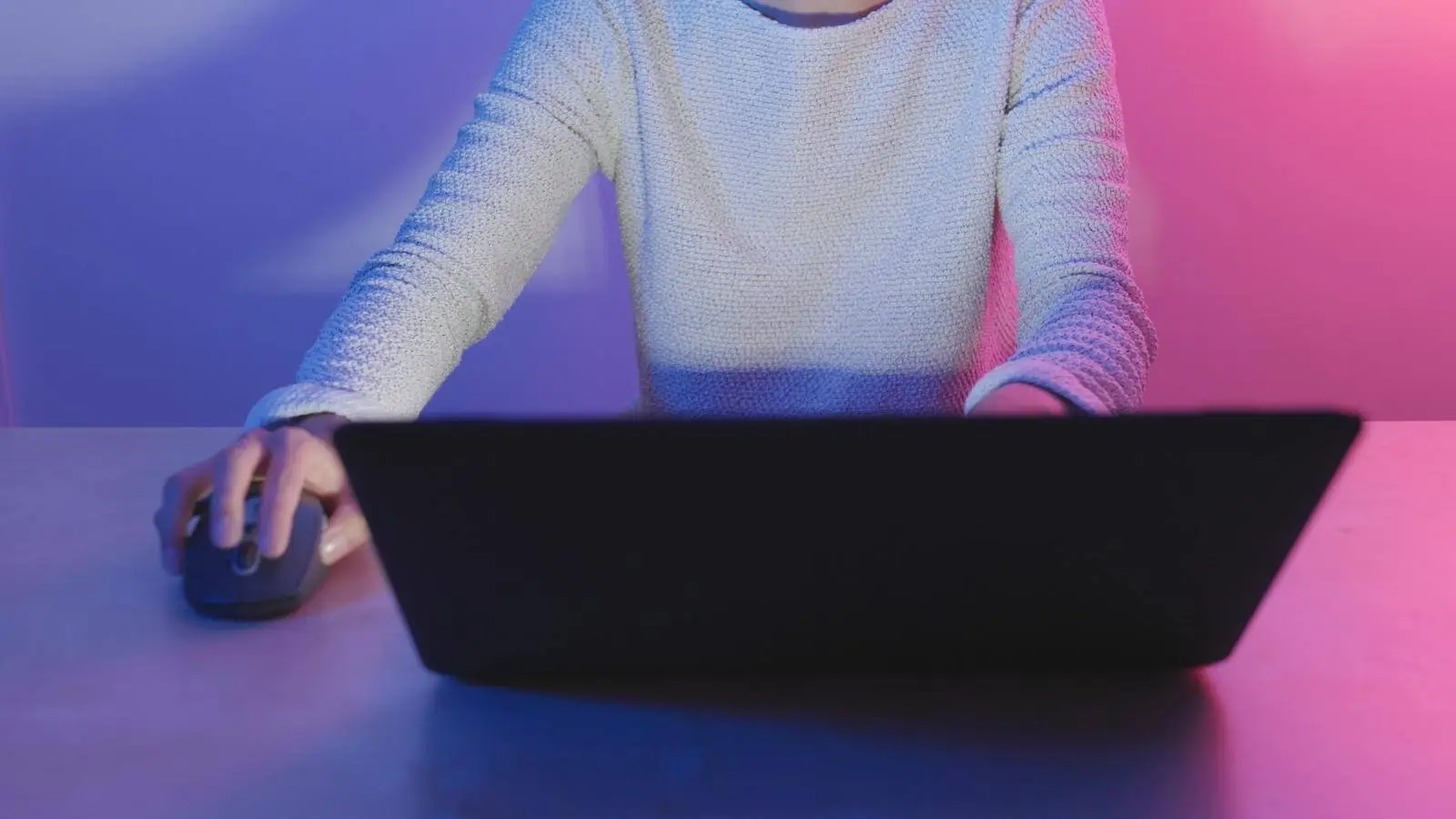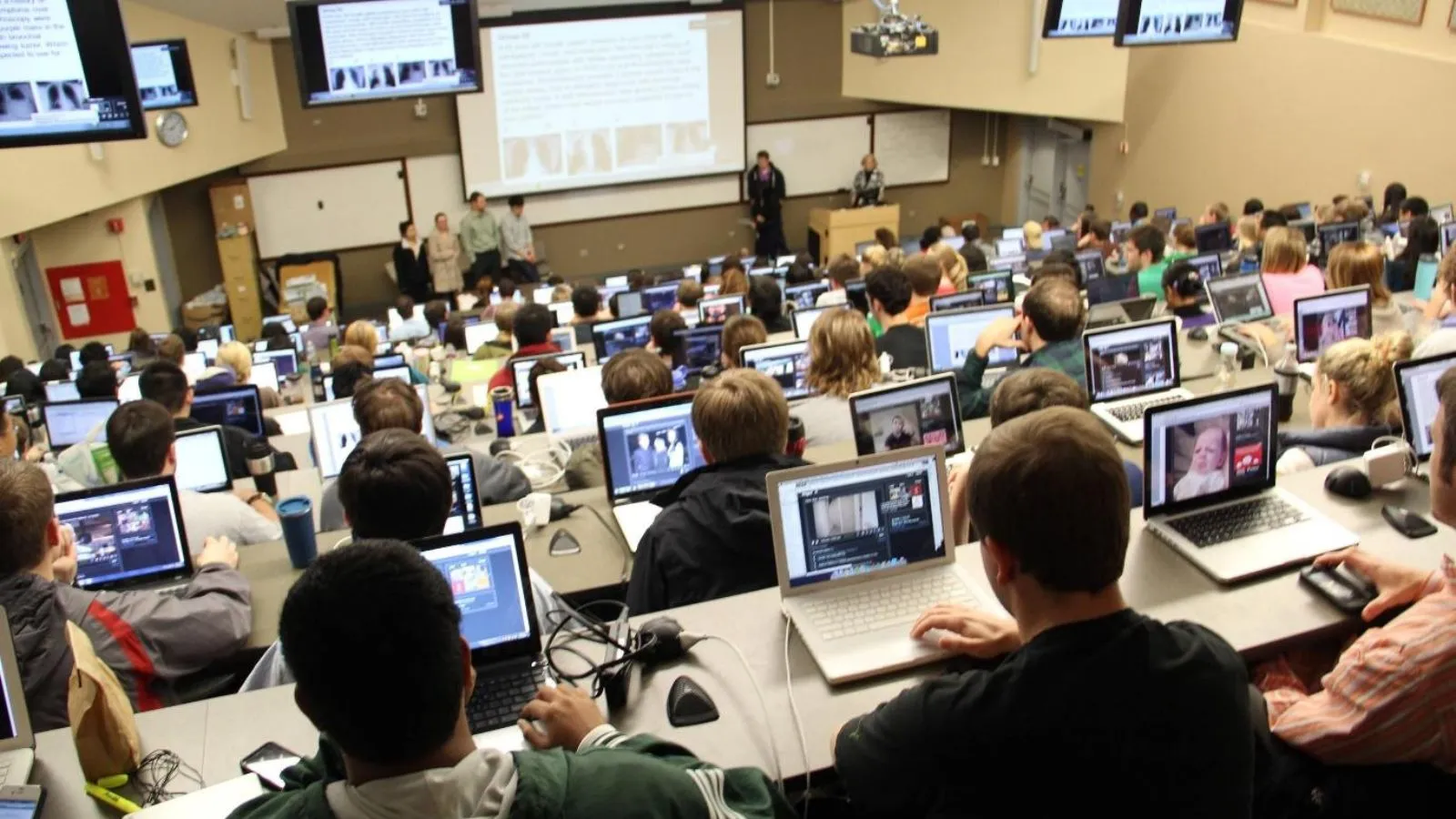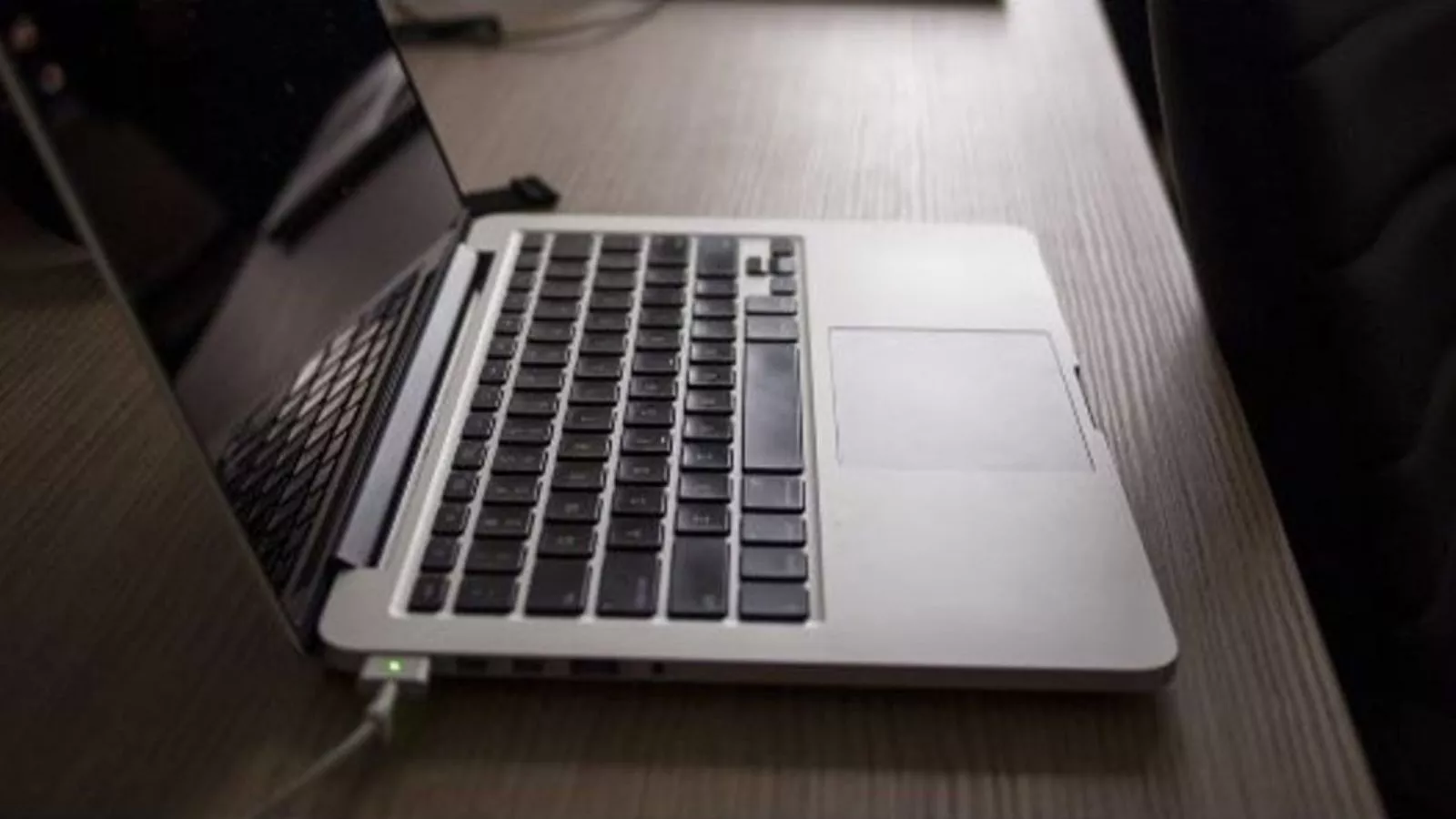If you have a gaming laptop, maybe you worry about how many watts does a gaming laptop use? Also, you may be interested in the list of best budget gaming laptops under $1,500, so make sure to check out that as well.
I also have this question in my mind, so our team researched that and found out some of the significant facts that everybody should know.
Table of Contents
- Critical factors of Power consumption in the Gaming laptop
- How Many Watts does a Gaming Laptop Use per hour?
- Gaming Laptop Vs. Gaming PC Power Consumption
- What if you don’t provide the necessary power to the laptop?
Maybe you also have further questions about whether a gaming laptop consumes more than a standard PC or is equivalent to a gaming pc? We answer all those related questions in this article, so stay tuned with us.
Critical factors of Power consumption in the Gaming laptop
First thing first, you should know the key factors that your gaming laptop consumes power. These factors are significant and play a crucial role in deciding how much your gaming laptop consumes energy. Check out do gaming laptops are worth it?
CPU : (Central Processing Unit)
CPU is one of the main factors of power consumption in a gaming laptop because in a gaming laptop CPU tends to be heavier and faster in performance to load heavy things quicker as it’s heavy for high performance. Hence, it consumes more power than an average laptop CPU. Usually, Core i5 and i7 chipsets use in a gaming laptop. No one else talked about the generations of the CPU. However, it also matters in power consumption, and the latest generation is more power-efficient in front of old ones. The higher the CPU generation is, the more efficient in power. In high generations, we have 7th (Kaby Lake), 8th (Kaby Lake R), 9th (Coffee Lake), and 10th (Cannon Lake/Ice Lake).
| Intel Low-End CPU (Core i3) | 55 to 73 W |
| Intel Mid End CPU (Core i5) | 73 to 95 W |
| Intel High-End CPU (Core i7) | 77 to 95 W |
| Intel Top End CPU (Core i7-E) | 130 to 150 W |
| AMD Low-End CPU (2 cores) | 65 to 95 W |
| AMD Mid End CPU (4 cores) | 65 to 125 W |
| AMD High-End CPU (8 cores) | 95 to 125 W |
GPU : (Graphical processing Unit)
A Graphics card in your laptop is also one of the main power consumption factors in a gaming laptop. Gaming laptops have heavy GPUs to handle all those challenging games as we talk about gaming laptops. Heavy GPUs tend to use more energy because it requires more power to perform well.
Load power Idle power draw
| Low-End Graphics Card (Under $125) | 25 to 86 W | 5 to 10 W |
| Mid-End Graphics Card ($125 to $250) | 110 to 164 W | 8 to 13 W |
| High-End Graphics Card ($251 to $400) | 162 to 258 W | 12 to 20 W |
| Top End Graphics Card (Above $400) | 240 to 350 W | 39 to 53 W |
Storage Device : (HDD or SSD)
The storage device is a necessary part of a laptop or computer because it Loaded all your software components in your machine. As it is an active component, it consumes little electricity. The difference between the power consumption of a Hard Disk Drive and a Solid State Drive is very negligible in terms of usage, as you can see.
| Solid State Drive SSD | 0.6 to 2.8 W |
| 2.5″ Hard Disk Drive HDD | 0.7 to 3 W |
| 3.5″ Hard Disk Drive HDD | 6.5 to 9 W |
Motherboard :
Factors that affect motherboard power consumption is Integrated chipsets and modules, For Example ( USB connectors, Add-on SATA connectors, WIFI chip, etc.).
| Regular Motherboard | 25 to 40 W |
| High-End Motherboard | 45 to 80 W |
RAM : (Random Access Memory)
The RAM module also adds little to power consumption in the laptop and gaming; the higher clock speed also leads to high voltage consumption. The interesting fact is that the 4GB DDR3 Ram stick consumes power as a stick of 8GB DDR3 Ram.
| DDR1 RAM (2.5 Volts) | 4 to 5.5 W |
| DDR2 RAM (1.8 Volts) | 3 to 4.5 W |
| DDR3 RAM (1.5 Volts) | 2 to 3 W |
Screen Size : (13”,15”, or 17”, etc)
Screen size is also one of the main factors in power consumption, and typically gaming laptops have a 15″ -17″ screen size. The larger the screen size is, the more energy screen consumes. The Brightness of the screen and the total Nits in the screen also matter in the energy consumption of a gaming laptop. In short, big screen-sized laptops consume more power than that small and medium screens.
Screen Resolution : (HD+, 2K, or 4K, etc)
Screen resolution is one of the most significant factors of power consumption in gaming laptops that many people ignore. Usually, the gaming laptops come with the 1080p HD, 2K, 4K display, and some of them are highly incredible with an 8k display. The fact behind the power consumption due to screen resolution is the pixel on the screen; the more pixels you have in your gaming laptop, the more energy it consumes Because every pixel of your screen consumes some of a bit of energy.
An HD+ screen has 1.4 Million pixels.
Backlight Keyboard :
A backlight keyboard is also a factor of power consumption in a gaming laptop because typically, a gaming laptop has RGB color lights in the backlight keyboard.
| Normal backlight Keyboard | 1-2W |
| RGB backlight Keyboard | 2-3W |
External Devices connected :
External devices connected to a laptop contain some of the extra energy. In gaming laptops, typically, people connect a gaming mouse and gaming keyboard external, which is also the factor of power consumption in a gaming laptop.
How Many Watts does a Gaming Laptop Use per hour?
A gaming laptop uses more power than a regular laptop. Gaming laptops use 135 – 180W per hour. It also depends on the gaming laptop model and CPU GPU it uses.
Gaming Laptop Vs. Gaming PC Power Consumption
The average laptop can draw 60-watt energy, whereas the standard Desktop is 160-180W, but the gaming laptop Consumes 135-180 watts, and the gaming Desktop ranges from 400-1350W depending on the GPU. Generally, laptops are power efficient and consume 80% less electricity than a Desktop.
And there is much difference; a High-End gaming laptop consumes 135-180W, and a High-End Gaming PC consumes 300W-700W.
What if you don’t provide the necessary power to the laptop?
In this case, if the power of the charger is too low, it just won’t work, but if it is too high, it can cause a problem, and It can also burn things in the laptop out.
If you have any questions left in your mind that we missed out you can ask in the comment below!
And if you like the details, our team members put out by their research So consider subscribing to our newsletter. We will keep you updated with knowledge related to technology!
For Now, Peace out!









